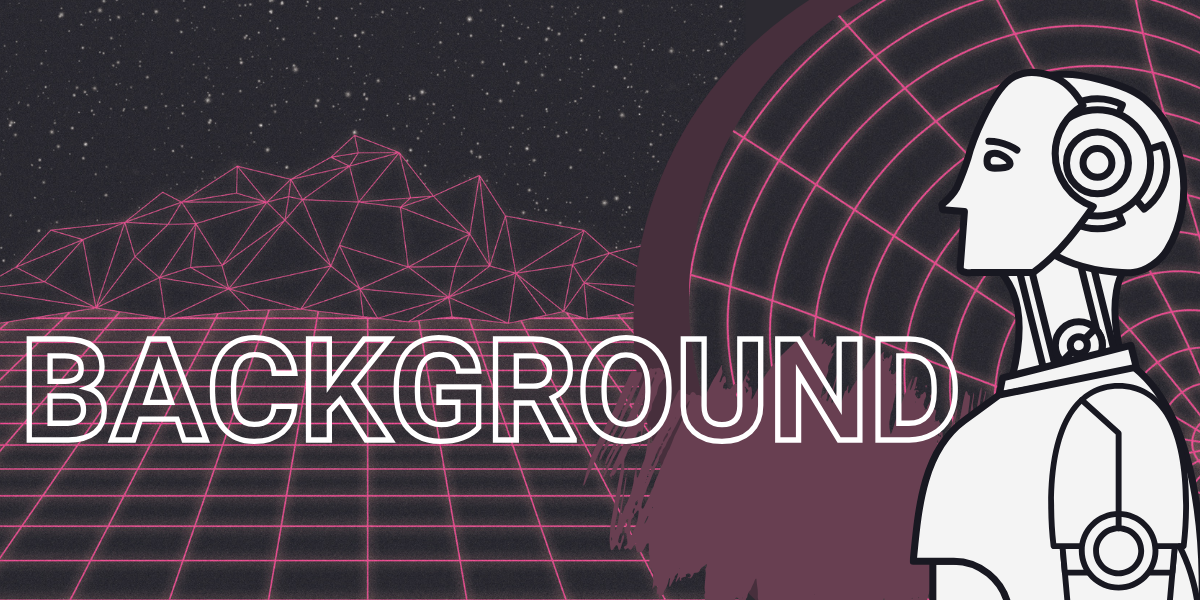Rise of 'Vibe Coding': How AI Is Reshaping Software Development
Anthropic's analysis of 500,000 coding conversations reveals startups use AI coding tools 20% more than enterprise companies, pointing to a growing tech divide.

A bidding consortium led by Elon Musk has made an unsolicited $97.4 billion offer to acquire the non-profit arm OpenAI, which calls into question CEO Sam Altman's plans to turn OpenAI into a for-profit company.
The offer, made by Musk's attorney Marc Toberoff, comes at a bad time for OpenAI and could derail one of the most significant IT infrastructure projects in the US: OpenAI chief Altman is pushing his multibillion-dollar "Stargate" vision. Up to $500 billion will be invested in the US AI infrastructure, primarily in constructing several new data centers. Musk claims that the investors - OpenAI, SoftBank, and Oracle - don't have the money to complete the project, sparking an online debate about Trump's promise.
Musk's bold takeover bid is an indirect attempt to drive a wedge into the project. The world's richest man and former co-founder of OpenAI argues that the company has strayed from its original open-source mission. Back then, security was paramount, Musk proclaims. "It's time for OpenAI to become the open source, safety-first force it once was," he said.
But Altman quickly dismissed the suggestion in a tweet on X, formerly Twitter, ironically offering to buy Twitter for $9.74 billion - moving the decimal point on Musk's offer - emphasizing that OpenAI’s current structure prevents any company from taking control. In a response, Musk called Altman a “swindler” and a “scam Altman”.
Why this matters:
Read on, my dear:

Prompt:
2 rich old ladies wearing fancy freaky pink batwoman costumes, jumpsuites with yellow bat logo on the chest, sitting at the back of an american retro car, looking in camere, glance, cosplay, highly detailed, super cinnematic, very realistic quality
Once celebrated for its impressive "open-weight" models and the rapid raising of $1 billion in investment capital, Mistral now faces stiff competition from American giants such as OpenAI and Anthropic and Chinese rival DeepSeek.
With its AI assistant Le Chat and strategic partnerships with France Travail, Veolia, Stellantis, and European defense contractor Helsing, the startup is now focusing on enterprise solutions.
CEO Arthur Mensch emphasized the shift from academic research to practical, customized applications that increase productivity. French President Macron publicly endorsed Mistral and called for support for a European champion.
Why this matters:
Read on, my dear:
Demis Hassabis says the less than $6 million in development costs claimed by DeepSeek are "exaggerated. He believes that DeepSeek only reported the cost of the final training phase and not the total cost. DeepSeek does not change the economics of AI development.
President Macron has announced that one gigawatt of nuclear energy will be provided for a new AI data center that will compete with major projects in the US. This initiative is part of a larger effort to strengthen France's position in the global AI race.
The San Francisco-based company wants to use it to reduce its dependence on Nvidia. TMC will manufacture the chip in Taiwan and will be in mass production by 2026.
A study by the BBC has found that leading AI chatbots often provide misleading and inaccurate information on current affairs. Many responses from ChatGPT, Copilot, Gemini, and Perplexity were found to be problematic, including errors about political figures and misrepresentation of facts.
CEO Mark Zuckerberg plans to invest hundreds of billions in AI infrastructure.

In artificial intelligence, distillation refers to a method by which smaller, less expensive models can achieve nearly the same performance as expensive, sophisticated AI systems. In this process, a compact model learns from a larger model’s results without going through the elaborate training process from scratch.
The technique has been around for a while, but the Chinese company DeepSeek has perfected it to the point where it challenges the business models of tech giants like OpenAI, Google, and Anthropic. While they invest billions in ever more powerful AI systems, DeepSeek can develop similarly good models in less time and at a fraction of the cost through distillation.
This raises an important question: Is it worthwhile to be at the forefront of AI development when cheaper copycats offer nearly equivalent products? There is growing concern in the industry that distillation will further depress prices and make it harder to justify the high investment in new models.
Some companies are already considering how to better protect their AI models to make distillation more difficult. However, open source models and new players like DeepSeek are changing the rules of the game - and could challenge the dominance of the big AI companies.
Read on, my dear:
Fuel your morning with AI insights. Lands in your inbox 6 a.m. PST daily. Grab it free now! 🚀